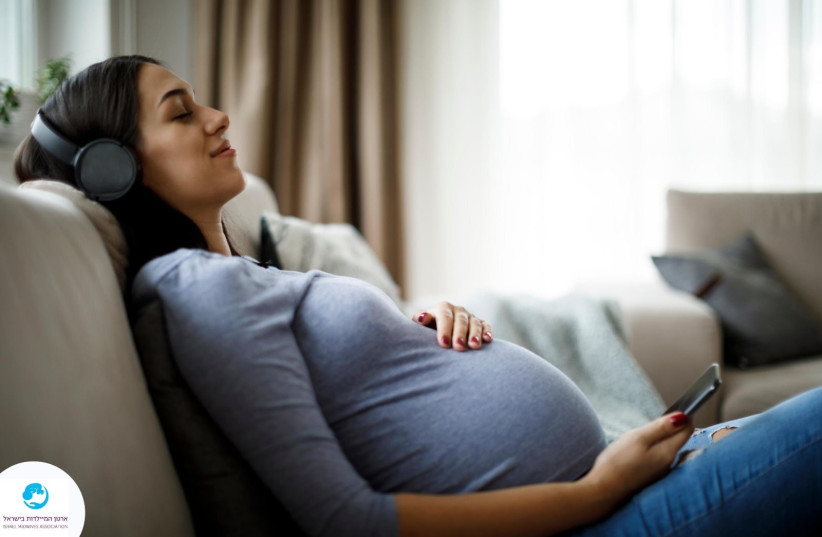A woman’s stress levels may negatively impact the ability to get pregnant, a study published Wednesday found.
The peer-reviewed study published in Acta Obstetricia et Gynecologica Scandinavica, reviewed stress as a factor contributing to "fecundability", or a woman's chances of getting pregnant during a menstrual cycle.
“Allostatic load (AL) is a practical index that reflects multi-system physiological changes which occur in response to chronic psychosocial stress. This study investigated the association between female pre-pregnancy allostatic load and time to pregnancy,” writes senior author Bei Wang, PhD, of Southeast University in Jiangsu, China.
The study registered 444 women who were trying to achieve pregnancy and assessed their allostatic load.
The allostatic load scores were evaluated by nine indicators including but not limited to, blood pressure, cholesterol, and body mass index. The scores ranged between zero and six, six being the most chronic stress and zero being the least.

The participants and their pregnancy outcomes were followed up with one year after the initial allostatic scores were taken. Women with higher scores were less likely to become pregnant within that one year. More specifically, the results concluded that women who had an allostatic load score of five or six showed a 59 percent reduction of fecundability compared to women with an allostatic load score of zero.
How to objectively assess the stress is a complex scientific question, and how to intervene and reduce the impact of chronic stress is a burning problem, which are all things we need to study further.”
Bei Wang
<br>Couples with infertility issues
According to the Centers for Disease Control and Prevention (CDC), about 10 percent of women, which is roughly 6.1 million women, in the United States alone struggle with achieving pregnancy. This means approximately one in eight couples have trouble conceiving in the United States.
“What we found provides a new idea for preconception counseling,” said Wang. “But obviously, how to objectively assess the stress is a complex scientific question, and how to intervene and reduce the impact of chronic stress is a burning problem, which are all things we need to study further.”
